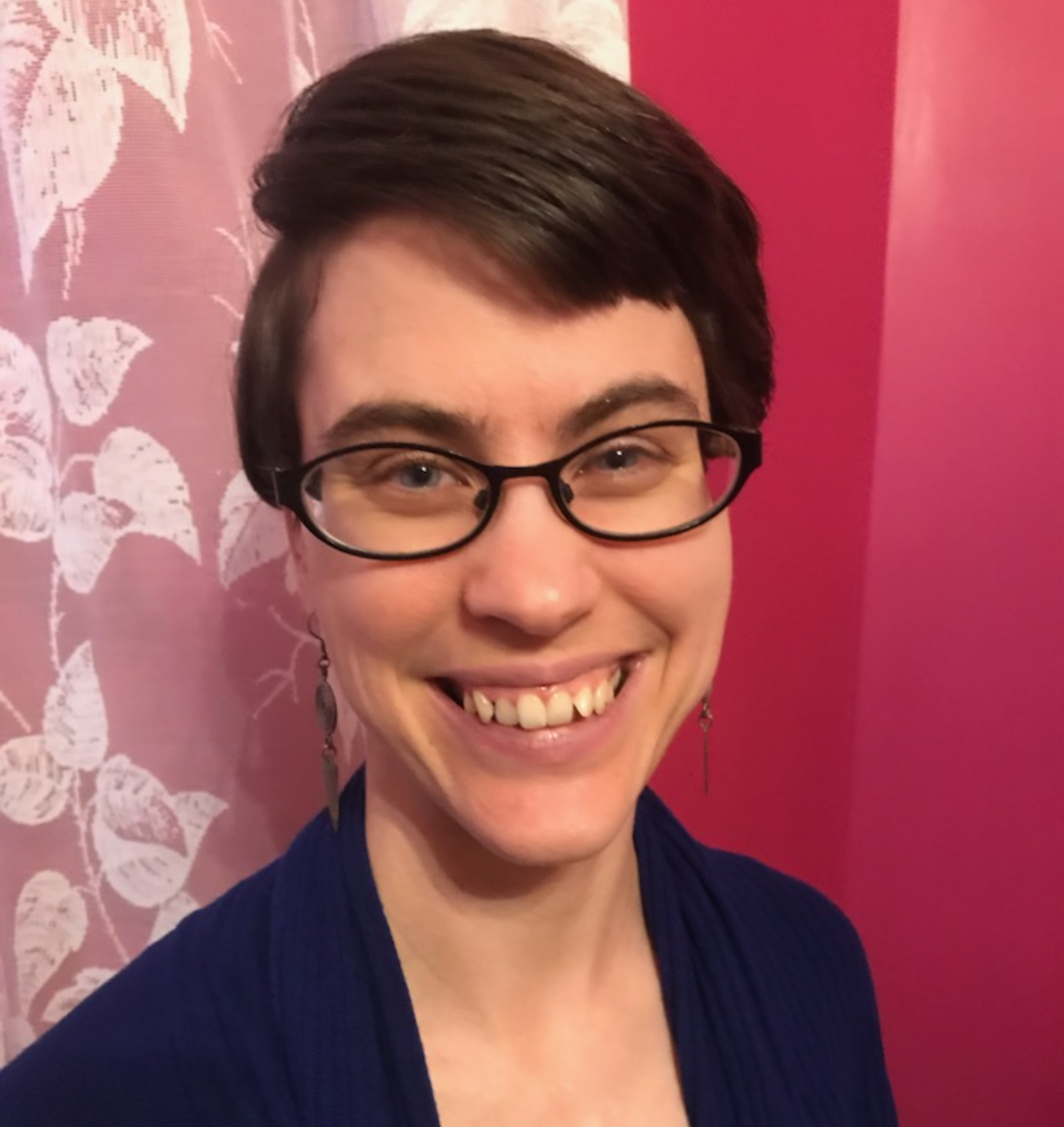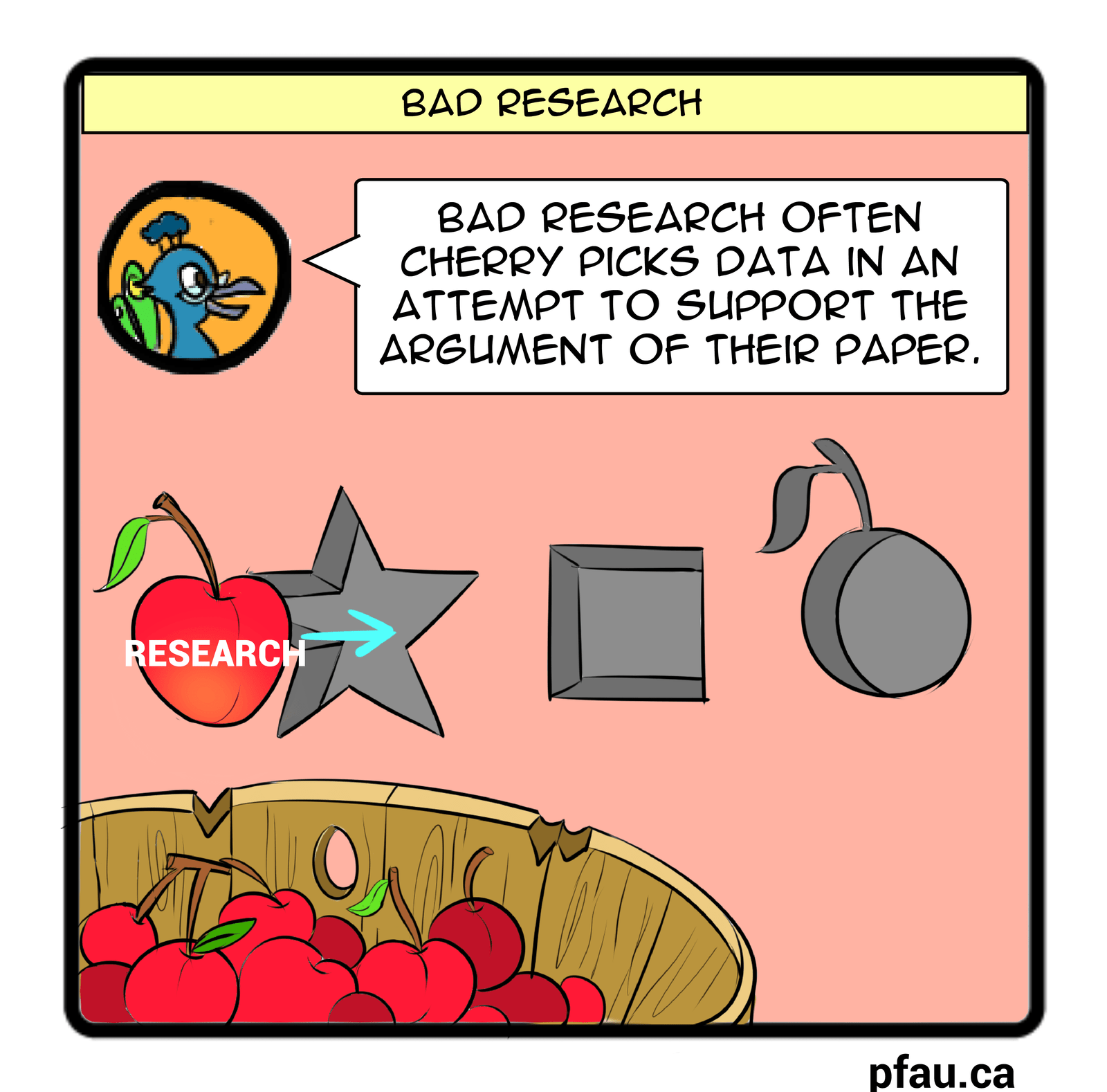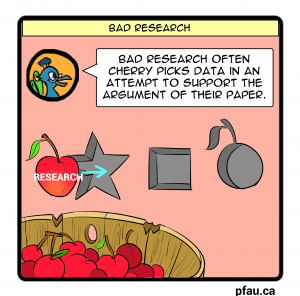About this event
Does writing an essay cause cold sweats? Do the rows of books, journals, and resources in the library overwhelm you? Do you feel stuck in the 60% range for essay assignments?
You’re not alone. Writing a research essay requires the development of some specialized skills in research, critical thinking, organization, and of course, writing.
This workshop is ideal for college and university students who are scared about writing their first major paper or think they need extra help to improve their overall skills or senior high school students preparing for university. Over the course of these 8 classes, we will be reviewing the fundamentals of essay writing, including: research tips, developing a research question, structuring your argument, writing a convincing thesis, analyzing your evidence, writing strong paragraphs and the difference between an introduction and conclusion.
Each class will include practical advice and tips on the research and writing process, as well as grammar, vocabulary, and punctuation exercises to help improve the overall quality of your writing. Students are encouraged to bring a research paper to workshop over the course of the 8 weeks by applying the various exercises and techniques learned throughout the course.
COURSE SCHEDULE
Class 1 – Formulating a Topic & Developing a Research Question
Class 2 – Research Fundamentals & Finding the Best Sources
Class 3 – Organizing your Evidence & Conducting a Thoughtful Analysis
Class 4 – Creating Essay Scaffolding & Developing a Strong Thesis Statement
Class 5 – Constructing a Well-Structured Paragraph & Avoiding Fluff
Class 6 – The Importance of an Appealing Introduction
Class 7 – Writing a Thoughtful Conclusion
Class 8 – The Art of Proofreading and Revision
This course is completely ONLINE, which mean there is a LIVE STREAM with the instructor Thursdays at 6:00pm, followed by access to the class video and course materials through our classroom portal. This means that you can post your assignments and communicate with the instructor at your own pace over the duration of the course, and don’t need to worry about missing a class because you can catch up by viewing the video. There is also an option to take the course completely online by viewing the videos and submitting your work weekly to the instructor for feedback. You can register for the self-directed online course anytime and go at your own pace.
There are three registration options:
1) Single Class ($45) – gives you access to the livestream and handouts for a single session
2) Pre-recorded Course ($400) – gives you access to the lecture recordings, handouts, Google classroom platform, and feedback on assignments
**you can enroll in the pre-recorded classes at any time!!
3) Full Course Live ($550) – gives you access to the livestream sessions, lecture recordings, handouts & resources, Google classroom platforms, and weekly assignment feedback





